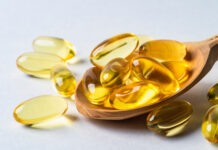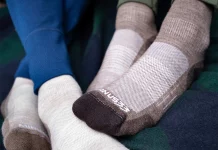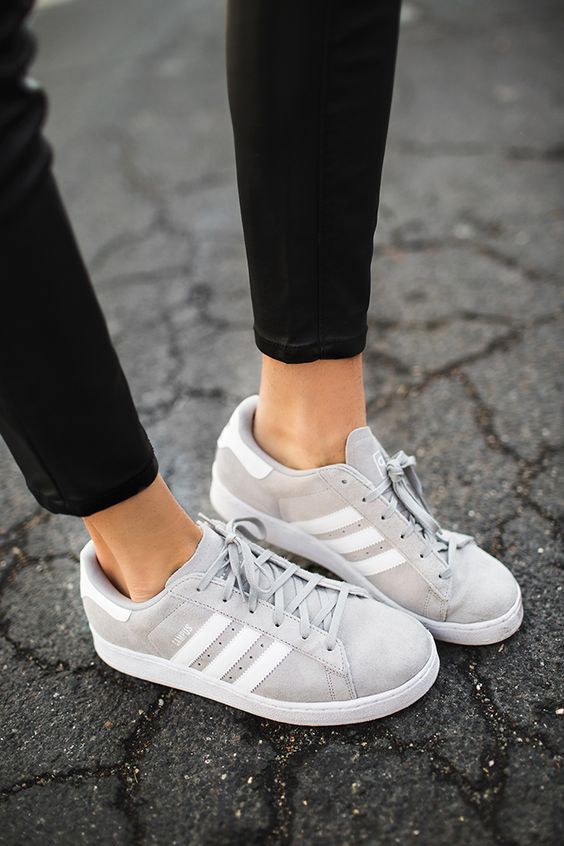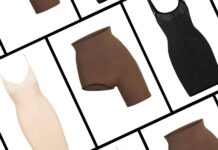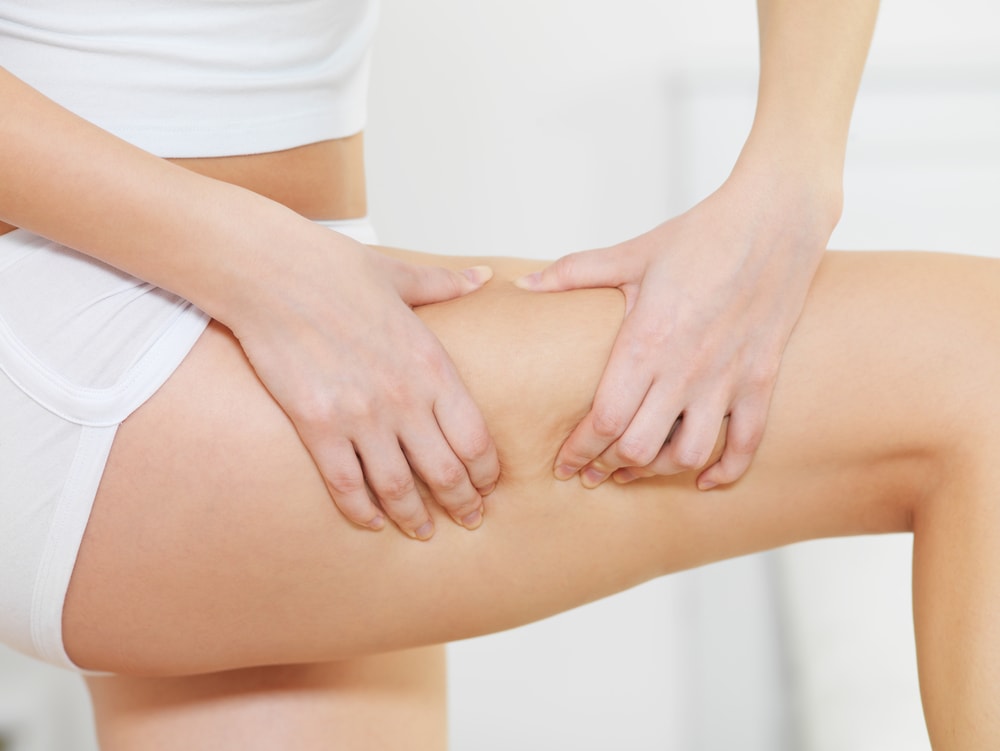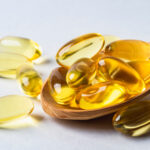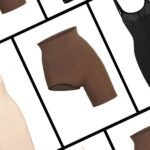do you feel swollen? or have difficulty removing your rings? your ankles have doubled in size?… You most likely suffer from water retention. Dr. Ariel Toledano, a phlebologist, explains this generally benign disorder, which affects more women than men.
What is water retention?
The body is made up of 65-70% water: two thirds are trapped inside the cells, the rest is outside Either in the blood vessels (plasma) or between the cells.
To maintain this balance, the body has a system that regulates the filtration and reabsorption of water between vessels, tissues and interstitial spaces, explains Dr. Ariel Toledano, phlebologist in Paris.
This system is based on osmotic pressure and hydrostatic pressure. However, it sometimes breaks down and water remains trapped: it is the retention of water.
Causes of Water Retention
The causes of water retention are multiple, they can vary from one person to another. The main causes are:
- Heat that expands the blood vessels and makes them more porous, promoting the removal of water from the vessels and preventing its reabsorption from the tissues.
- Prolonged immobility, sitting or standing.
- A diet high in salt and / or low in protein.
- A hormonal imbalance, during pregnancy, before menstruation or menopause.
- Certain drugs, especially corticosteroids, antihypertensives, neuroleptic treatments and hormonal treatments.
Some diseases:renal or cardiac insufficiency disrupt the fluid regulation system and lead to more or less severe edema. - Poor blood circulation.
What are the symptoms of water retention?
Water retention is caused by the swelling tissues – edema-. It usually affects the feet, ankles and legs, due to gravity: if you see a bump appear by pressing on your leg, it is because you are holding water.
In some cases, edema can also affect the abdomen or face: this is especially the case in premenstrual periods when many women have swollen bellies and bloating, or under certain treatments (especially Corticosteroids) which give a puffy appearance.
Another characteristic of water retention is rapid weight gain of up to 3 kilos in 24 hours, says Dr Ariel Toledano. These are not the pounds you would have accumulated after eating, but a significant fluctuation in your weight in just 24 hours without changing your diet.
Water retention: what treatments are available
Apart from pathological causes, the treatment of water retention rests essentially on dietetic measures.
FOOD
people who are prone to edema should make some adjustments depending on the cause of the retention:
Reducing your salt intake: if it is due to too high a salt intake, it should be reduced, avoiding especially canned, very salty products, cold meats, hard cheeses and certain carbonated waters.
Adequate hydration: if the water intake is insufficient, increase by an increased consumption of liquids (water, herbal teas, soups), foods rich in water (artichoke, cabbage, asparagus, watermelon, cucumber, carrot, lettuce ) And potassium (vegetables, cereals, wheat germ and yeast).
Consume protein: be careful not to limit too much protein, which must remain sufficient to ensure a good reabsorption of water from the tissues to the blood vessels, warns Dr. Toledano. Nuts, almonds, cereals are excellent source of protein.
Split your meals: It is advisable to split your meals in order to stabilize the blood sugar and to avoid the body to replace the sugar of the cells with water.
If the phenomenon of water retention is due to a fragility of the capillaries, the consumption of red fruits, citrus fruit and green tea, rich in vitamins E and P, makes it possible to reinforce their wall.
Move: To improve venous return, it is recommended to practice regular physical activity and to avoid standing or prolonged sitting.
Raise your legs: in bed, raising your legs reduces the risk of edema of the lower limbs.
Avoid sunlight: for sensitive people, avoid exposure to heat.
Postural and Environmental Factors
Lymphatic drainage is also recommended, because the lymphatic network will compensate for the weakness of the venous network.
The Diuretics
Diuretics are drugs or natural substances of vegetable origin that increases the amount of urine
Drainers, light and natural, are safe and offer good results, says Dr. Toledano,like chestnuts. They are available as food supplements in pharmacy and organic stores.
“Diuretic drugs, on the other hand, have no benefits,” says the phlebologist. These drugs can damage the kidneys and cause potassium leakage potentially dangerous, exposing to a real cardiac risk. They should be reserved for patients whose water retention is due to a serious condition – heart, kidney or liver failure.
Water retention: when to worry?
The sudden onset of edema should generally be worrying, as it may be a phlebitis. Phlebitis is a blood clot that blocks blood flow (deep venous thrombosis). It usually occurs in the lower limbs (calves), but can also affect the other veins of the body.
If this clot migrates along the bloodstream, it can end up in the heart and block the artery, causing pulmonary embolism. The signs that must alert you are the speed of installation or evolution of the edema, its asymmetry and the pains that can accompany it.
Water retention is also common during pregnancy. It is most often physiological.One has to worry when edema appears or grows brutally in a matter of hours. This may be a sign of a hypertensive pregnancy disease, such as pre-eclampsia, and a doctor should be consulted, as there are risks to the health of the mother and the child.
If you suffer from water retention, talk to your doctor: he or she can refer you to a phlebologist, who is most likely to identify the source of your disorder and offer you an appropriate treatment.











